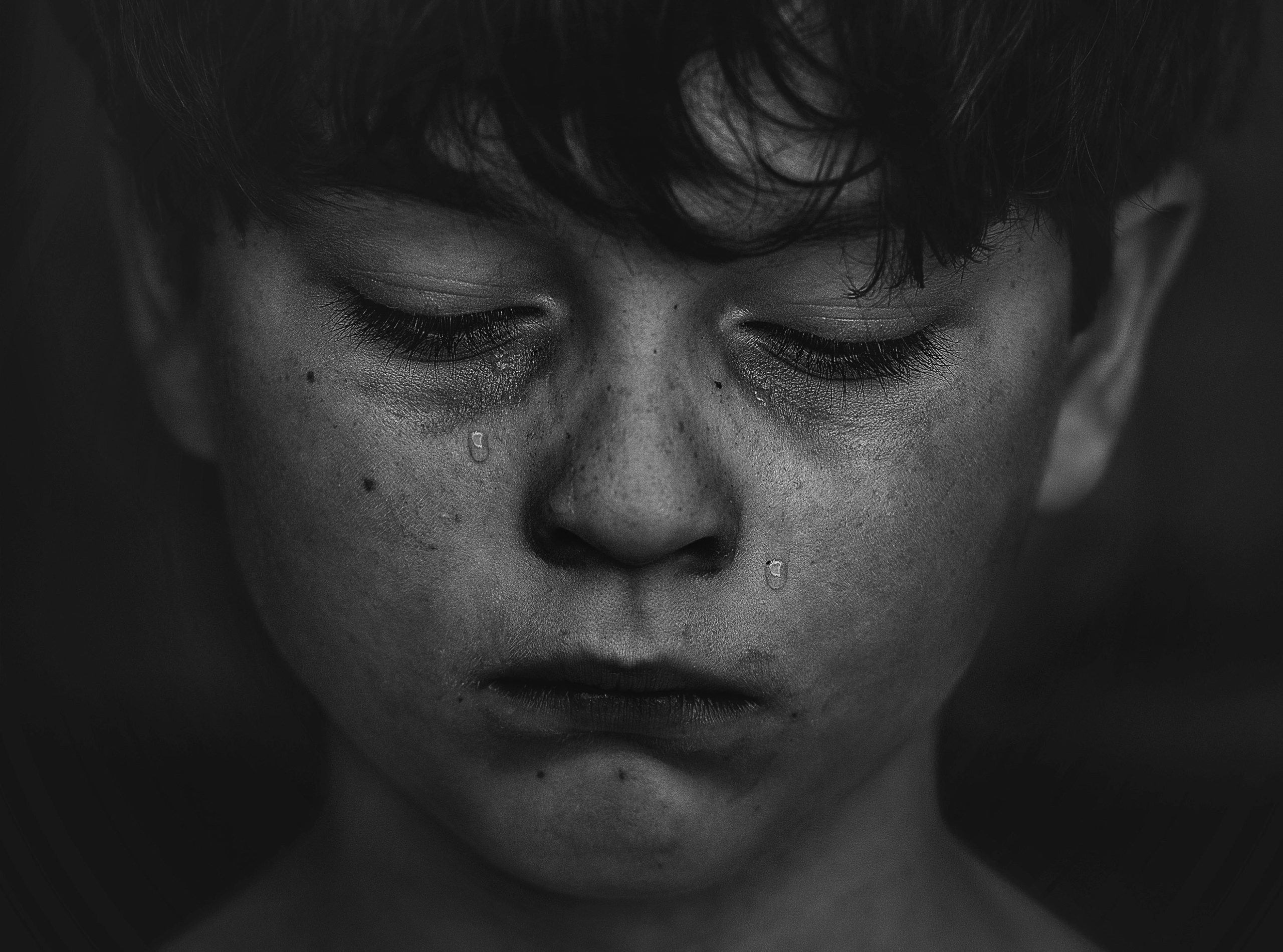How to Tell if Your Child is Being Bullied

If you think back to your own childhood, you remember there are generally two types of kids: The bully and those that the bully bullies. Most of us fell into that second group of kids. And don’t think for a minute that girls can’t be bullies, because they can. Girls can actually be brutal to one another.
Not only are kids and teens bullied the old fashioned way with taunts in the hallway, shoving and tripping, but now thanks to a proliferation of social media, they can be bullied 24/7 365.
While no parent wants to think that their child is being bullied, it’s important to know the truth. And sometimes you have to find that truth out on your own, because your child won’t come to you.
Here are some ways you can tell if your child is being bullied:
Their Mood Has Suddenly Changed
Has your child suddenly become depressed or anxious and there is nothing in your home life that would warrant such a change? When you ask what is wrong, do they snap at you or avoid the conversation altogether?
They Begin to Not Want to Go to School
If your child used to enjoy school and is now reluctant to go most days, something is not right. They may pretend to get sick often, miss the bus on purpose or just refuse to get out of bed.
Their “Stuff” is Missing
Is your child’s school bag, toys or cellphone suddenly missing or broken? When you asked what happened, do they seem fearful to tell you? Bullies often oppress other kids by stealing or breaking their personal possessions.
They are Having Trouble Sleeping
Does your child come to you in the middle of the night unable to fall or stay asleep? Has their teacher spoken to you about them falling asleep in class? Children who are being bullied are often too anxious to sleep at night, worrying about the next day.
They Have Physical Marks
One of the most obvious signs of bullying is having marks such as scrapes, cuts and bruises. When you ask where they came from, it is very obvious they are not telling you the truth or the whole truth.
If you find out your child is being bullied, you will want to speak with school administrators to bring the situation to their attention so they can take necessary actions. Also, let your child know they may come to you at any time to talk about what’s happening. You may also want to have your child speak to a therapist who can help them deal with the fear and anxiety.
If your child is being bullied and you’d like to explore treatment options, please be in touch. I would be happy to discuss how I may be able to help.

